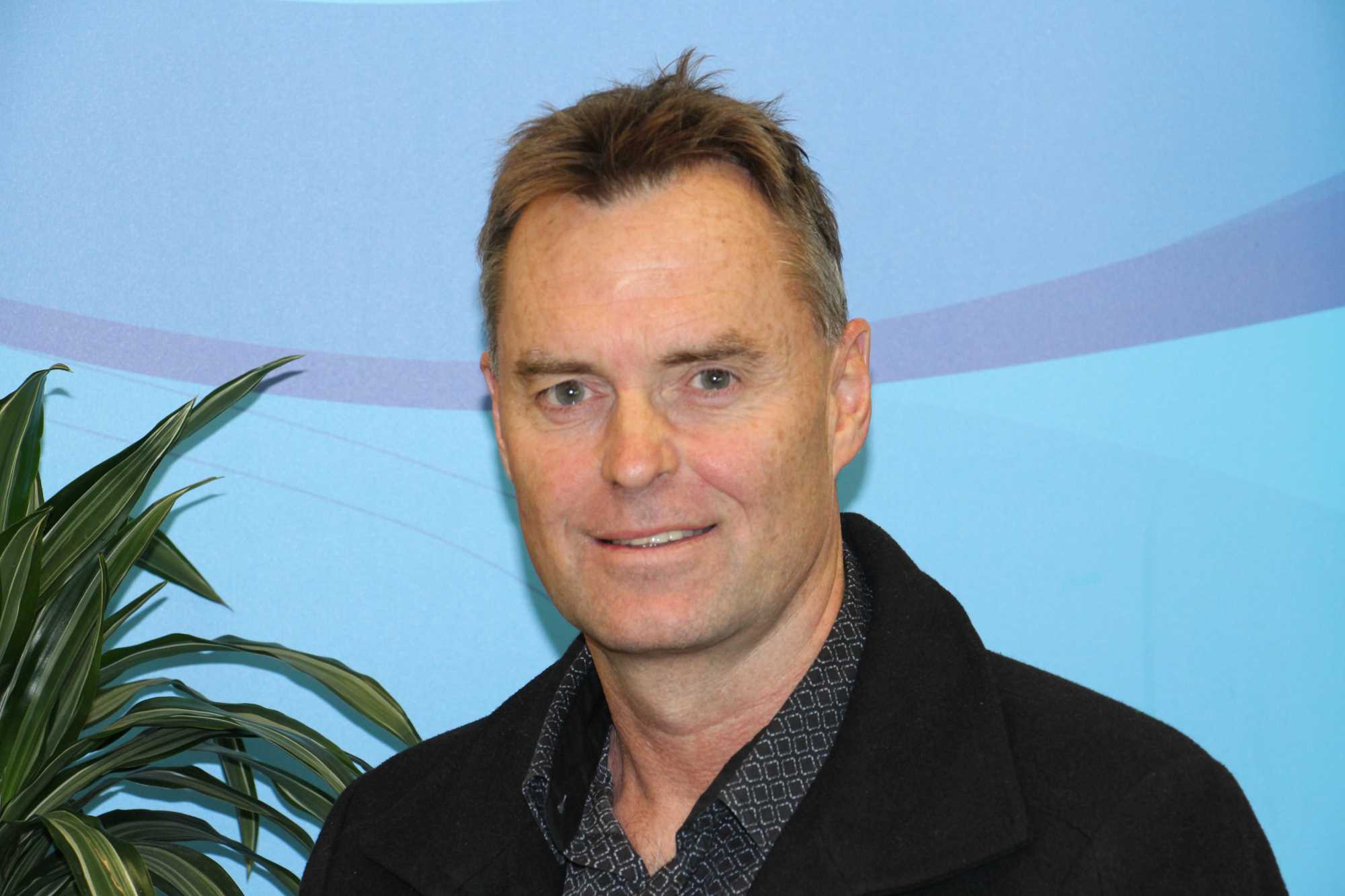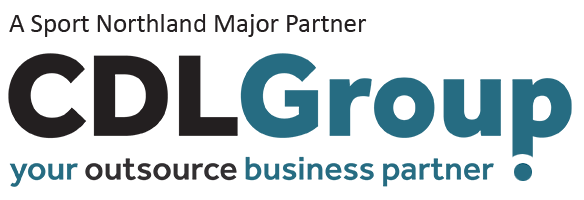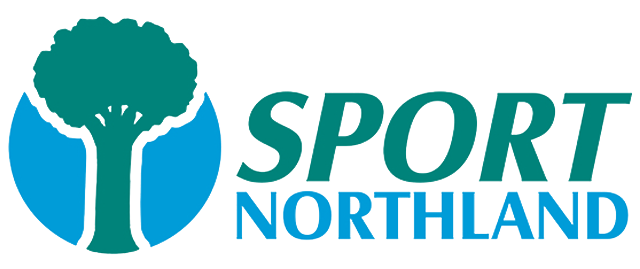


Sport Thought with Brent Eastwood - Time for Northlanders to Increase their Physical Activity Levels

It’s that time of year once again. The clocks have been put forward an hour and for the next six months we will have more hours of daylight available to us in our spare time.
For those of us lucky enough to live in the sub-tropical climate of Northland, this often signals the time of the year to start increasing physical activity levels in order to take advantage of that climate and also the fantastic natural environment that we have.
As such, Sport Northland is encouraging Northlanders to take full advantage of daylight saving by getting outdoors, being physically active and enjoying what we have to offer as a region. This call follows research conducted by Sport NZ before, during and after Level 4 lockdown which shows the impact COVID-19 has had on levels of physical activity.
During June, adults spent an average of 4.52 hours per week being physically active. That was down on 5.40 hours for a normal June (2017-19) and lower than the 5.61 hours during April when New Zealand was in Level 4 lockdown. Tamariki and rangatahi aged 5 to 17 averaged 8.20 hours per week in June, which was up slightly from 8.14 hours in April but much lower than 9.70 hours in a normal June.
The June to June comparisons represent a drop of 53 mins per week for adults and 90 minutes per week for tamariki and rangatahi, which makes daylight savings an ideal time to turn things around.
The release of this research makes it abundantly clear that COVID-19 has disrupted New Zealander’s habits when it comes to being physically active and that is something we may need to learn from with the possible prospect of moving up and down in alert levels, particularly the restrictions recently experienced in Auckland.
There was anecdotal evidence around Northland during Level 4 lockdown that adults turned to simple activities like walking, running and cycling to raise their activity levels. That serves as a reminder of how simple being active can be. If sports competitions and events are cancelled, or there are restrictions on gyms and studios, there are still a host of enjoyable and accessible ways to remain physically active, and daylight savings is the ideal time of the year to get outside and get into them.
While adult activity levels rose during Level 4, those of tamariki and rangatahi were disrupted through the absence of PE and organised sport, as well as being isolated from their friends.
One in five adults are saying that being out of the habit is preventing them from being active. That’s not a result we’d normally see and suggests the extent to which the impacts of COVID-19 have disrupted people’s routines.
Lack of energy (26%) and motivation (22%) are two of the top barriers for young people, and both are higher than in a normal June. Again, this suggests a lingering effect of COVID-19 on physically activity.
Sport Northland believes the secret to breaking down these barriers is to draw motivation from getting back into the habit of being active, and to do this in new and simple ways if your favourite activities are not available. The arrival of daylight saving is the perfect time to do this. We have an extra hour – let’s make it count by getting out and about in the beautiful natural environment that we are so lucky to have here in Northland.

SPORT NORTHLAND
CDL Group Northland Sports House
97 Western Hills Drive, Kensington,
Whangārei 0112
info@sportnorth.co.nz
CDL Group Northland Sports House - 09 437 9600
McKay Stadium / Kensington Fitness - 09 437 4404



